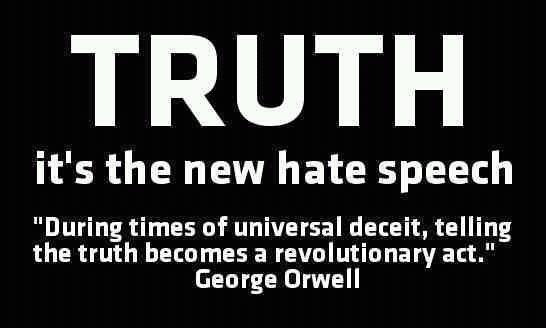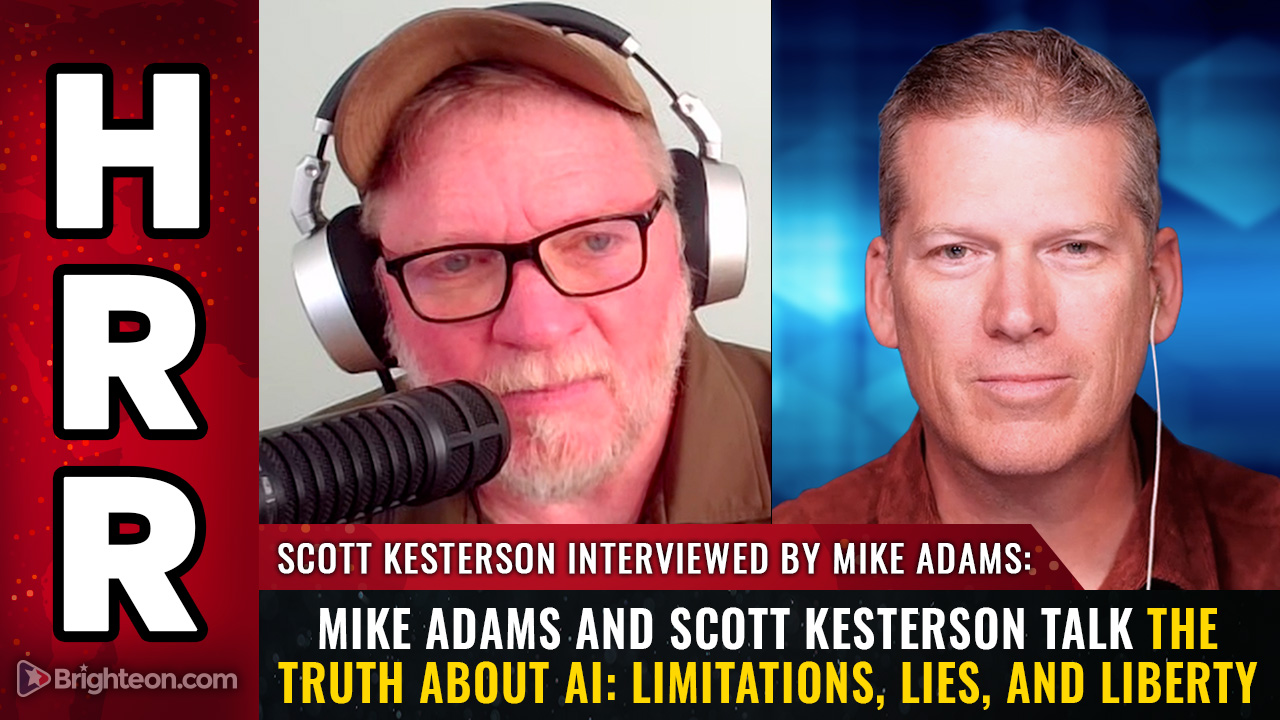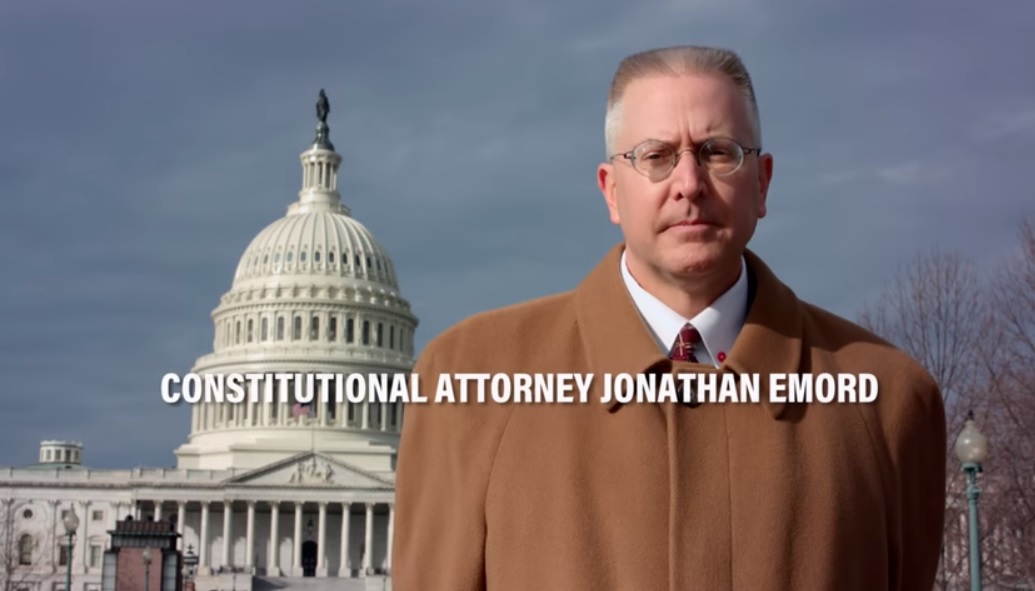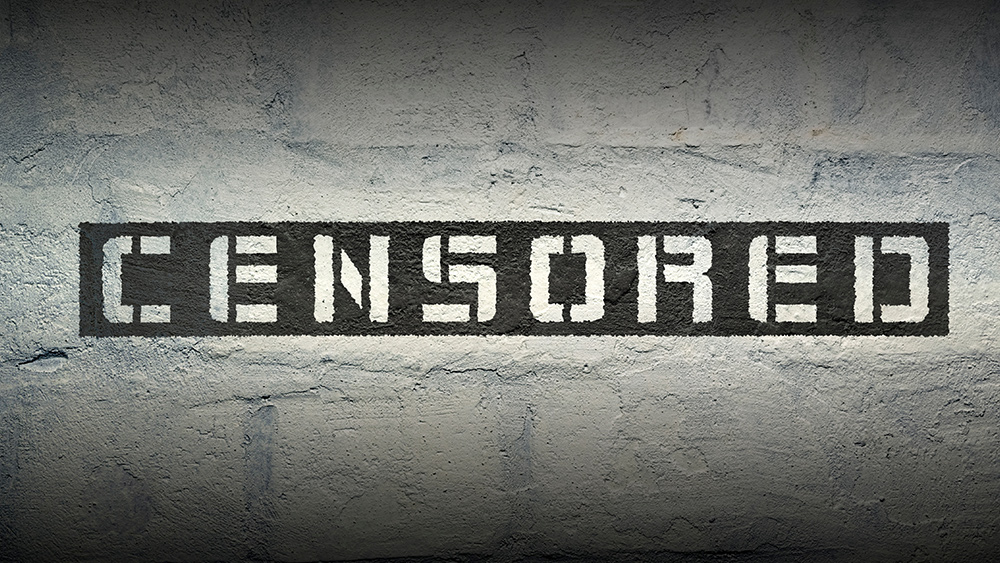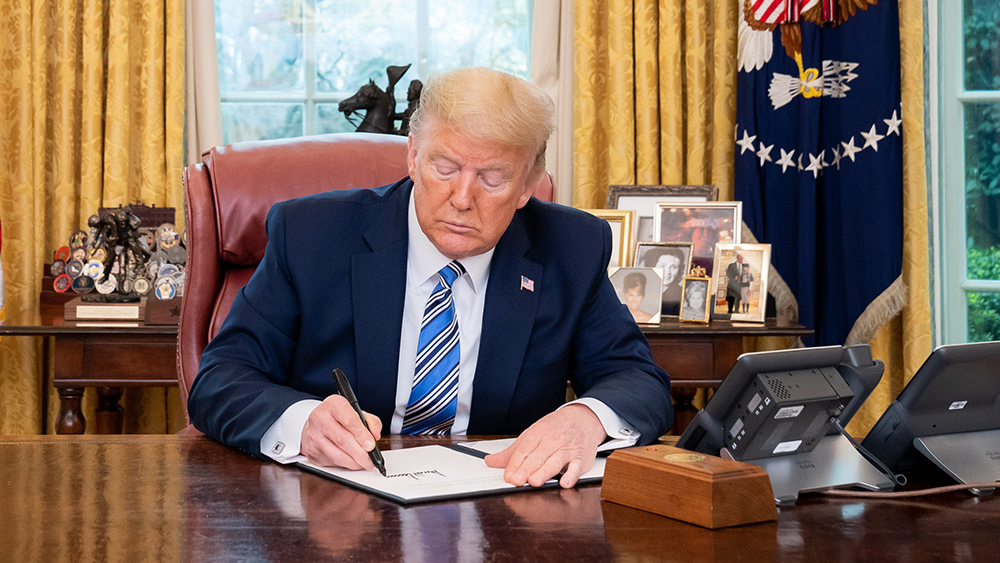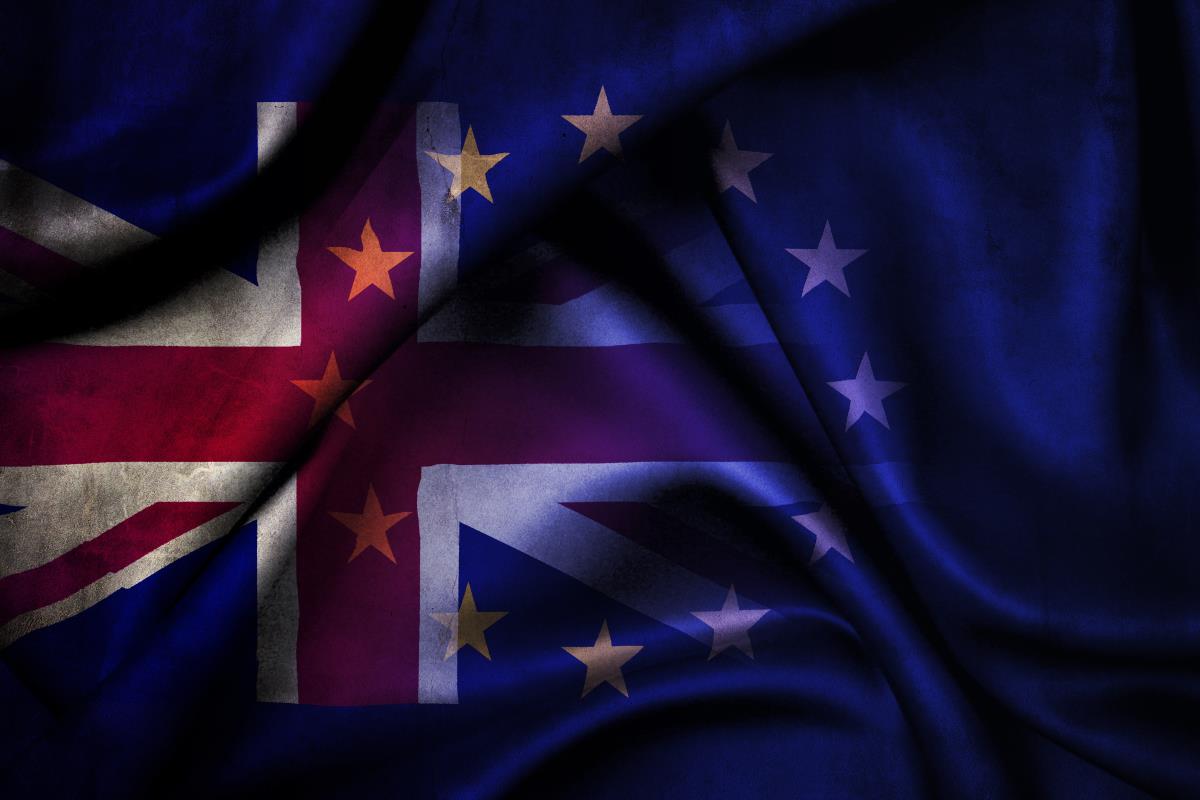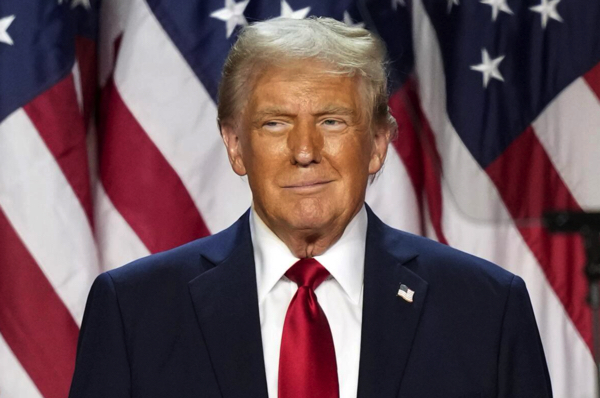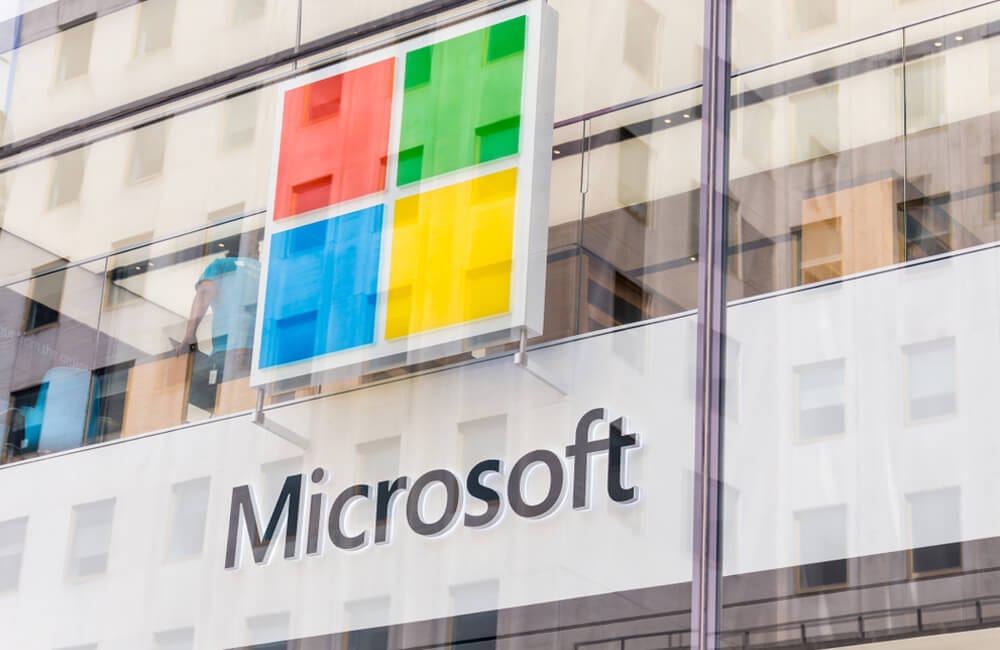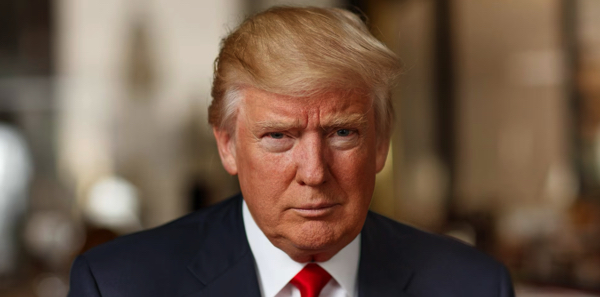Trump’s banking order targets political deplatforming but leaves payment giants unchecked
08/13/2025 / By Willow Tohi

- President Donald Trump’s executive order bans politicized “debanking” by banks but excludes Visa and Mastercard, raising concerns over unchecked corporate censorship.
- The order’s focus on religious and political discrimination inadvertently shields payment processors that wield more economic power.
- The gaming industry voices cautious optimism, hoping rules may curb payment giants from banning legal but controversial content.
- Critics argue the policy leaves systemic issues intact, citing historical precedents like Operation Chokepoint’s regulatory overreach.
- Questions linger over enforcement and whether future presidents could repeal or refine the directive.
President Donald Trump signed an executive order this week banning federally regulated banks from blocking client accounts due to political or religious beliefs or lawful business practices. The directive targets “unlawful debanking,” which the White House calls a tool of ideological oppression. But a glaring omission in the policy—Visa and Mastercard—has sparked debate over its efficacy. These two companies, which dominate global card processing, were left untouched despite their history of privately policing transactions.
“The order takes swings at the branches while the trunk… stands untouched,” said Christina Maas of Reclaim The Net, noting banks can still switch financial lifelines. While the EO mandates banks abandon “reputational risk” as grounds for cutting clients, payment processors retain unchecked authority to freeze accounts or block sales of legal yet “controversial” goods.
Trump’s personal experience with banking discrimination fueled the order: his wife Melania described banks abruptly closing her accounts with no justification, while his campaign claimed two banks denied his business services.
Operation Chokepoint 2.0: A history of regulatory overreach
The EO nods to the Obama-era Operation Chokepoint, which pressured banks to shun industries like firearms and adult services. However, critics argue similar patterns persist, citing regulators basing decisions on vague “moral hazard” concepts.
Senator Pat Toomey (R-PA), at a February 2024 hearing, shared testimonies of clients denied services for lawful operations, including a florist denied the ability to provide services for a conservative event due to bank fears over backlash.
“Banks aren’t judges of morality,” hissed one witness. “They’re gatekeepers through fear.”
The order also recalls past federal agencied overreach, such as Operation Chokepoint 2.0, which reportedly targeted crypto firms and gun retailers, forcing them offshore or into informal markets.
Gaming’s silent revolution: Can the order end content censorship?
The order’s broad language has galvanized a niche but vocal community: indie game developers.
Payment processors and platforms like Valve’s Steam routinely ban or delist adult-oriented titles, citing policies paralleling the now-prohibited “reputational risk” rationale. Over 300 games were axed by Steam in 2025 alone, including Final Fantasy VII’s fan mods, after processors flagged content as “offensive” or sexually explicit—despite legal sales status.
“Microsoft and Sony’ll let me sell Call of Duty, but Visa says I can’t profit from my own art?” said indie developer Alex Torres, whose dystopian narrative game Eclipse vanished from stores after processor Call Backs.
Gaming advocates see the EO as a potential reprieve. A leaked Visa playbook revealed bans on transactions for erotica, “radical” mixed martial arts and even LGBTQ+ dating apps—a move activists liken to corporate titans policing morality without legal authority.
Criticism flies: A half step forward for a half-solved problem
Legal experts question whether the order can corral financial powerhouses.
“The EO treats Visa like a bystander but their decisions affect 80% of card transactions,” said Gibson Dunn attorney David Cohen. He notes Visa’s policies can stifle commerce, as seen when it aligned with activist groups to block access to WikiLeaks’ donor portals in 2011.
Pundits also highlight enforcement risks. With power in regulators’ interpretation, a future Democratic administration could reinterpret the EO as blocking GOP-friendly businesses.
A symbolic win, but markets remain incomplete
President Trump’s executive order lays down a marker against financial censorship, yet its emphasis on federal banks overlooks the unchecked global dominance of payment networks.
For the gaming world and lawful industries, the policy offers a fragile ray of hope—proceedings that may yet shape the digital marketplace’s moral boundaries. Time will reveal if Congress, or the courts, will side with small traders over corporate gatekeeping.
Regardless, the order underscores a truth: Without Visa and Mastercard, even the most visionary policies remain uncompleted.
Sources for this article include:
Submit a correction >>
Tagged Under:
banking, bias, Censored, credit cards, freedom, Liberty, money supply, outrage, privacy watch, risk, smeared, Suppressed, Trump, Tyranny
This article may contain statements that reflect the opinion of the author
RECENT NEWS & ARTICLES
COPYRIGHT © 2017 BigTech.news
All content posted on this site is protected under Free Speech. BigTech.news is not responsible for content written by contributing authors. The information on this site is provided for educational and entertainment purposes only. It is not intended as a substitute for professional advice of any kind. BigTech.news assumes no responsibility for the use or misuse of this material. All trademarks, registered trademarks and service marks mentioned on this site are the property of their respective owners.



